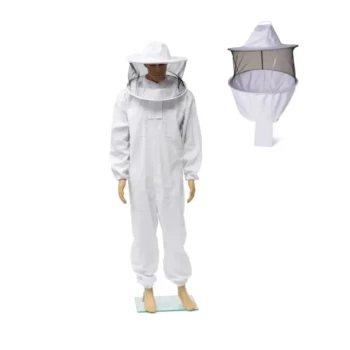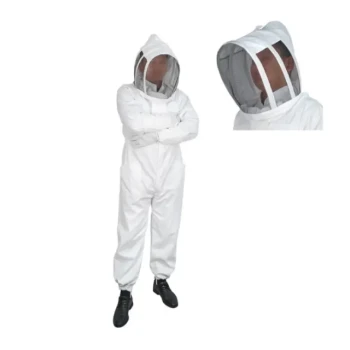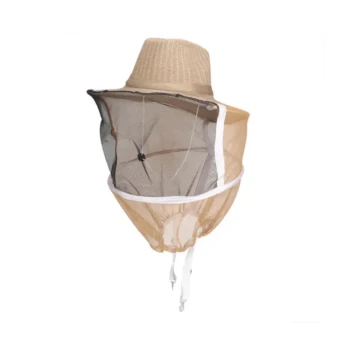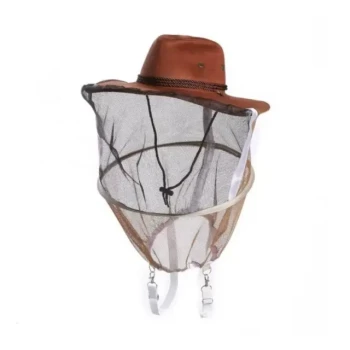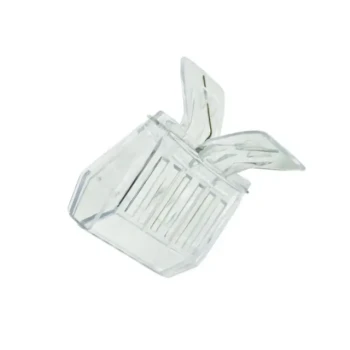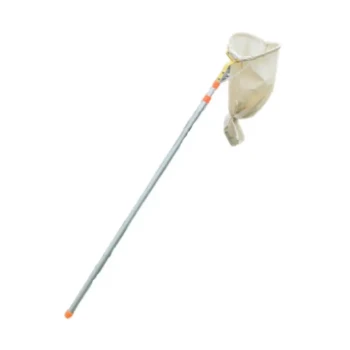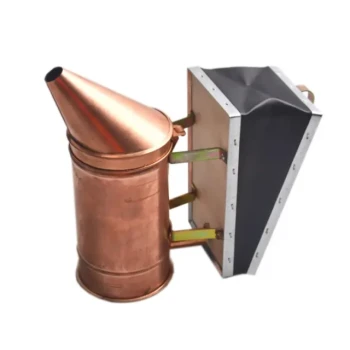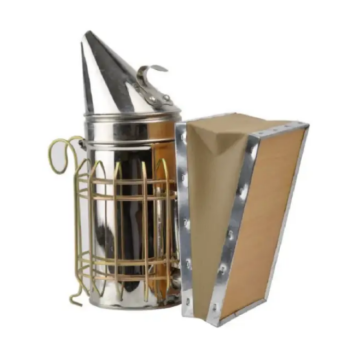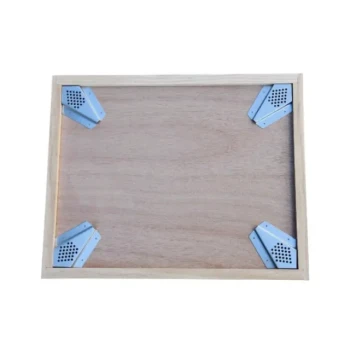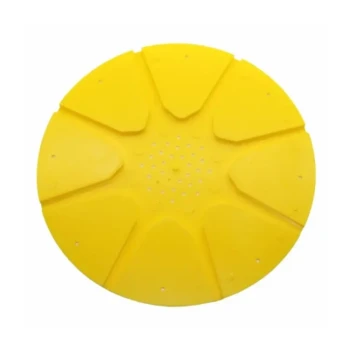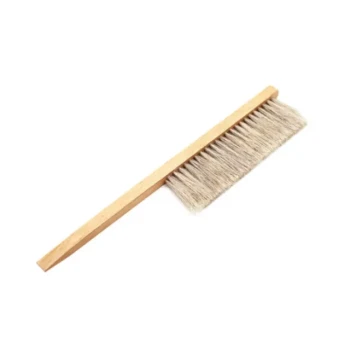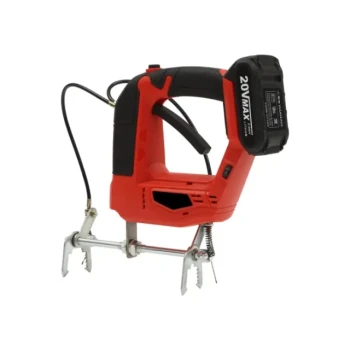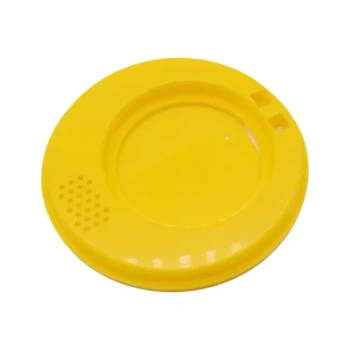At its core, ease of cleaning is a critical safety feature for beekeeping shoes, not just a matter of convenience. Apiaries are often muddy and your shoes will inevitably become coated in sticky wax and propolis. Footwear that can be easily washed with a brush and water prevents the buildup of hazardous debris that can compromise your footing and overall safety in the bee yard.
Choosing the right footwear is about managing risk. While comfort is important, the primary function of beekeeping shoes is to provide a stable, sting-proof, and slip-resistant barrier between you and the environment.
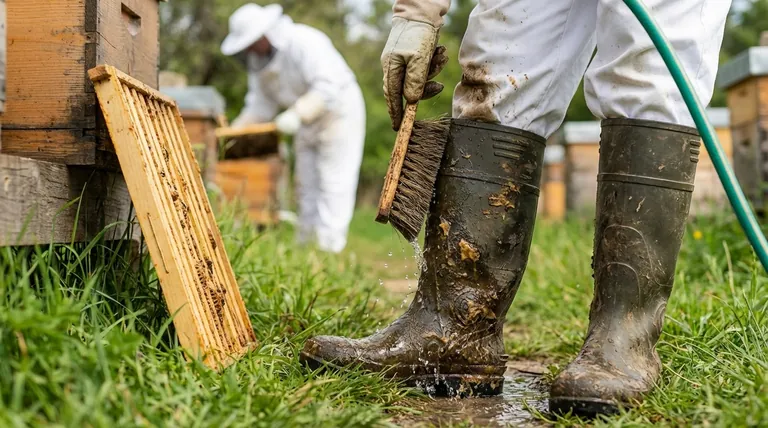
Why Cleaning is a Core Safety Feature
Many beekeepers underestimate how the condition of their footwear directly impacts their safety. A clean shoe is a predictable and reliable tool.
Preventing Slips and Falls
Working with bees requires slow, deliberate movements. A slip or fall can not only cause injury but can also knock over a hive, triggering a defensive response from thousands of bees. Mud, wax, and grass caked into the treads of your shoes severely reduce their grip.
Shoes with smooth, non-porous surfaces and well-defined treads that are easy to spray clean ensure you maintain maximum traction on wet grass or uneven ground.
Mitigating Contamination Risk
Your shoes can become vectors for transferring materials between hives. While less common, this could include pests or disease spores present in the soil or hive debris.
Regularly cleaning your footwear is a fundamental biosecurity practice, helping to ensure you don't accidentally carry problems from one colony to another or from one apiary to another.
Maintaining Your Equipment
Propolis, a resinous substance bees use as a sealant, is incredibly sticky and can be difficult to remove once it hardens. Over time, a heavy buildup of wax and propolis can degrade certain footwear materials and make zippers or laces difficult to operate.
Keeping shoes clean extends their operational life and ensures they remain easy to put on and take off.
Beyond Cleaning: The Pillars of Effective Beekeeping Footwear
While ease of cleaning is a vital characteristic, it is part of a larger system of features that define good beekeeping shoes.
Absolute Sting Protection
This is non-negotiable. Bees can crawl into small openings and will sting if they feel trapped or threatened. Your footwear must provide a complete barrier.
Avoid any shoes with ventilation holes, mesh panels, or low-cut designs that expose your ankles. Boots that extend above the ankle, into which you can tuck your bee suit, offer the most reliable protection.
All-Day Comfort and Support
Beekeeping involves long periods of standing and lifting heavy hive boxes, which can weigh over 50 pounds (23 kg). Proper footwear is essential for preventing foot fatigue and back strain.
Look for shoes with supportive insoles and a structure that helps distribute weight evenly. Rubber boots, while waterproof and easy to clean, often lack the support needed for long days.
Durability and Slip Resistance
Your shoes will be exposed to sun, rain, mud, and sticky hive products. They must be made from durable materials like thick leather or high-quality rubber that can withstand this environment.
A pronounced, non-slip tread is crucial for maintaining your footing on the often-unpredictable ground of a bee yard.
Understanding the Trade-offs
There is no single "perfect" beekeeping shoe; every choice involves a compromise. Understanding these trade-offs will help you select the best option for your specific needs.
Rubber Boots vs. Leather Boots
Rubber boots are completely waterproof and exceptionally easy to clean, making them a popular choice. However, they are not breathable and can become very hot and uncomfortable in warm weather. They also may offer less ankle support.
Leather boots provide superior support and breathability but require more maintenance. They are not naturally waterproof and can be more difficult to clean if coated in wax and propolis.
Cost vs. Longevity
Inexpensive footwear may seem appealing, but it often lacks the durability and support required for beekeeping. Investing in a higher-quality boot may cost more upfront but will typically provide better safety, comfort, and a longer service life.
Making the Right Choice for Your Apiary
Your decision should be based on your climate, the scale of your operation, and your personal comfort priorities.
- If your primary focus is ultimate protection and ease of cleaning: A pair of tall, high-quality rubber boots is the most straightforward and effective choice.
- If your primary focus is all-day comfort for long hours: A sturdy, over-the-ankle leather work boot offers superior support and breathability, provided you keep it clean.
- If you are a casual hobbyist in a dry climate: A simple slip-on work boot without mesh or holes can be sufficient, as long as it fully covers your foot and ankle.
Ultimately, your footwear is a critical piece of safety equipment that enables you to work calmly and confidently with your bees.
Summary Table:
| Feature | Benefit | Key Consideration |
|---|---|---|
| Ease of Cleaning | Prevents slips, mitigates contamination, extends shoe life. | Smooth, non-porous surfaces are best. |
| Sting Protection | Non-negotiable barrier against bee stings. | Avoid mesh panels; choose boots that cover ankles. |
| Comfort & Support | Reduces fatigue during long hours of standing and lifting. | Look for supportive insoles and good weight distribution. |
| Durability & Grip | Withstands harsh apiary conditions and provides secure footing. | Dense rubber or thick leather with a pronounced tread is ideal. |
Equip Your Apiary with the Right Foundation
Your safety and efficiency depend on reliable gear. HONESTBEE supplies commercial apiaries and beekeeping equipment distributors with durable, high-performance footwear and beekeeping supplies designed for the demands of professional beekeeping.
Let us help you mitigate risk and enhance productivity. We offer wholesale-focused operations on everything from easy-clean rubber boots to supportive leather work boots.
Contact HONESTBEE today to discuss your needs and explore our wholesale catalog.
Visual Guide
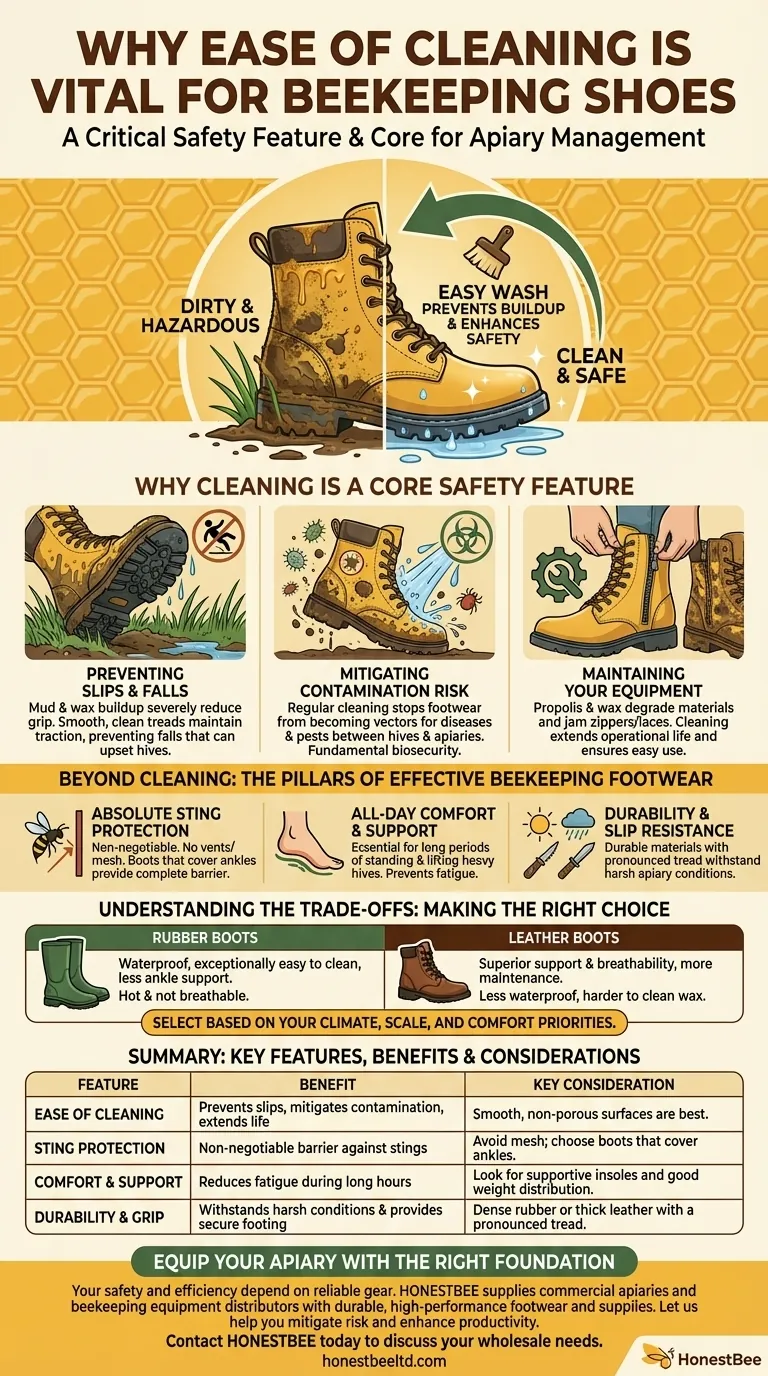
Related Products
- Professional Cotton Beekeeper Suit with Round Veil Design for Commercial Apiaries
- Professional Beekeeping Suit for Kids and Girls Childrens Bee Keeper Suit
- Premium Cotton Beekeeper Suit with Reinforced Fencing Veil
- Yellow Plastic Bucket Pail Perch for Beekeeping
- Beekeeper Cowboy Hat and Veil for Beekeeping
People Also Ask
- What are the recommended practices for protecting the lower body and feet during beekeeping? Essential Safety Tips
- Why is slip resistance a critical feature for beekeeping shoes? Ensure Stability and Safety in the Apiary
- What are some tips for choosing beekeeping shoes? Essential Guide to Safe & Comfortable Footwear
- What type of footwear is recommended for beekeeping? Essential Guide to Protective Boots for Apiary Safety
- Why is it important to wear boots for beekeeping? Secure Your Apiary Safety from the Ground Up
- Why are industrial Wellington boots fundamental for apiary management? Essential Protection for Beekeeping Safety
- What features are important when choosing boots for beekeeping? Secure Your Safety with Professional Footwear
- Why is specific footwear, such as boots, recommended for children participating in beekeeping? Ensure Total Safety
